Montreal-based Julia Gersovitz has received numerous awards during her 40-year career in preservation architecture but admitted recently that being named an Officer of the Order of Canada June 29 carried a special emotional impact for her.
The founding partner of EVOQ, formerly FGMDA, has such major conservation works as Rideau Hall, the McGill University Arts Building, the West Block of Parliament, the Jean-Talon Train Station, the Hotel Gault and Toronto’s Union Station in her portfolio, all prize winners. But the Order of Canada announcement hit her differently.
“It is a huge honour,” said Gersovitz. “You don’t know it’s happening because you don’t apply for it, and it was done confidentially and in secret. I don’t know who put my name forward, so when they called me I was so thrilled. I was very emotional, I was very touched by it.”
Her career has spanned four decades including 38 years as a professor at McGill and she has also made her mark serving on design review bodies, as a director of non-profit organizations, such as Heritage Montreal, and as an outspoken advocate in media forums.
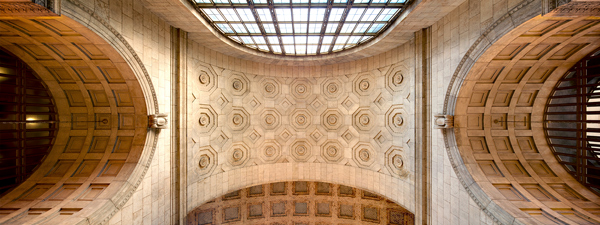
When she won the Gabrielle Leger medal in 2015, the citation said, “Mrs. Gersovitz is known among her peers for her thoughtfulness, tenacity and generous spirit as well as for the impeccable standard of her work. She is an inspiration to conservation professionals throughout Canada.”
When she entered architectural school in 1971, preservation architecture was very much a minor field, Gersovitz said.
“People speak about sustainability concerns today, it is very much a defining ethos of our age,” she explained.
“My entry into the field was an emotional impulse. The analogy can be made to endangered species. To see something that has been built by many craftsmen just thrown away like a Kleenex was something that I found painful. My first reaction was the sense of loss, and to sit around and say, ‘that’s too bad, I am sorry about that,’ was not enough. I wanted to try to actively participate in stopping that and then repurposing that.”
It’s clear as she discusses favourite projects her passion for the technical side of her work remains strong. She mentioned the rebuilding of the West Block on Parliament Hill as “fascinating” but only after dissecting a current build first. The restoration of the steeple of Christ Church Cathedral in Montreal poses special challenges because there is no place to put a crane, and because it was rebuilt decades ago using cast aluminum.
“It is just an interesting project, and interesting is a word people use when it is a really tough problem, it is interesting for the team of architects and engineers,” Gersovitz said.
Other projects she recalls fondly, not because of glamour but because of committed clients who pushed for innovative solutions. On the 357c project, involving the restoration of the former Harbour Commissioners Building in Montreal’s Old Port, she worked for philanthropist Daniel Langlois.
“A good project is defined by many things but it is also defined by very engaged and interested clients,” she said. “If I look over the projects I am mentioning to you, there are very interested, passionately committed, often private-sector clients.”
Gersovitz takes her role as a mentor to young female architects seriously. She has influenced more than a generation of women working in the field.
“When I go to reunions, as an old professor, the women will stand up in testimonials and say, ‘you were an important figure to me, you were our first woman teacher, you were a mentor, you helped me understand how to try to balance being a mother and being an architect,’ ” she said. “I am very proud of the fact it wasn’t easy.”
As Gersovitz looks forward to the next phase of her career, she expresses satisfaction she has built a legacy in preservation architecture for others to follow.
“I think one of the things that is very important working in this field, especially with teaching, is, have I created a group around me who share my common visions and goals, who have the same attitude toward client service, who have the same attitude towards what is important and the ethics of the profession. If you do that, you are not going to work forever, and you don’t have to work forever, because you have created something,” said Gersovitz.
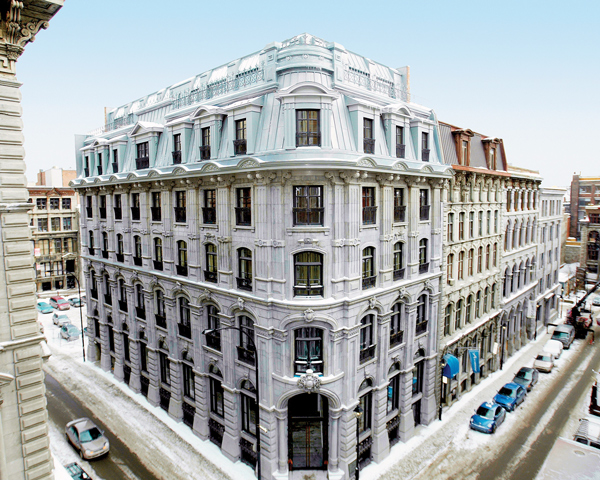


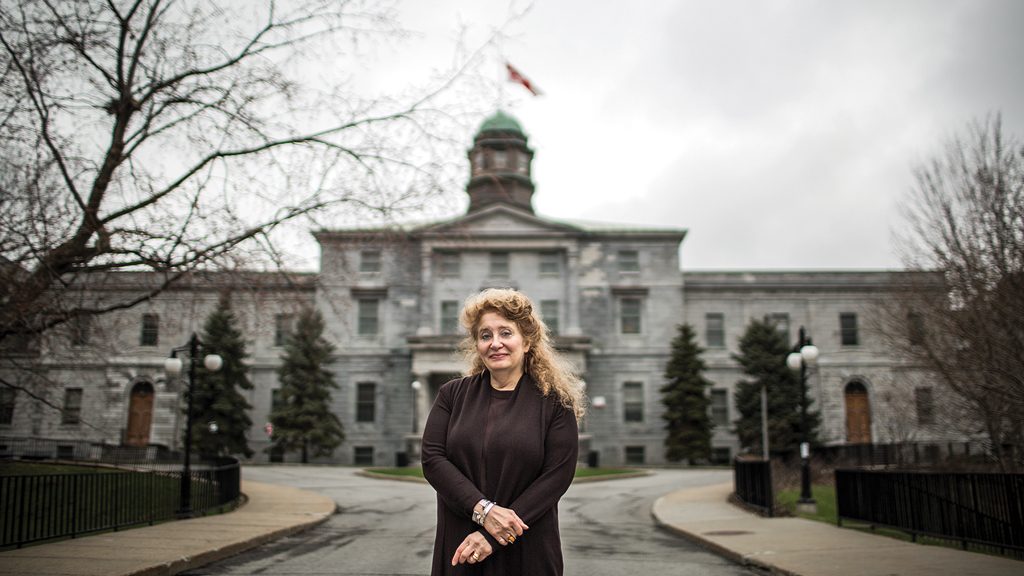



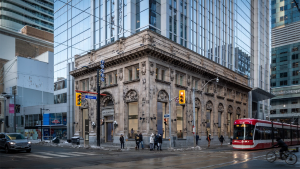
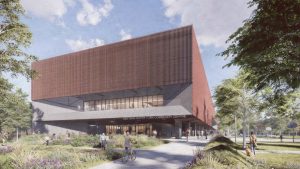
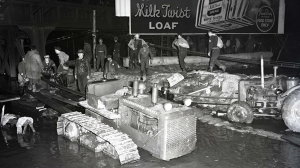


Recent Comments